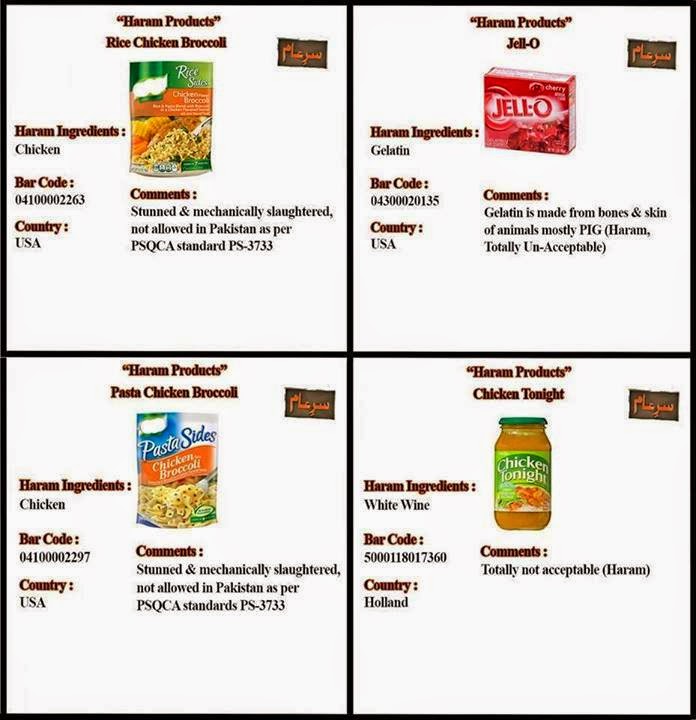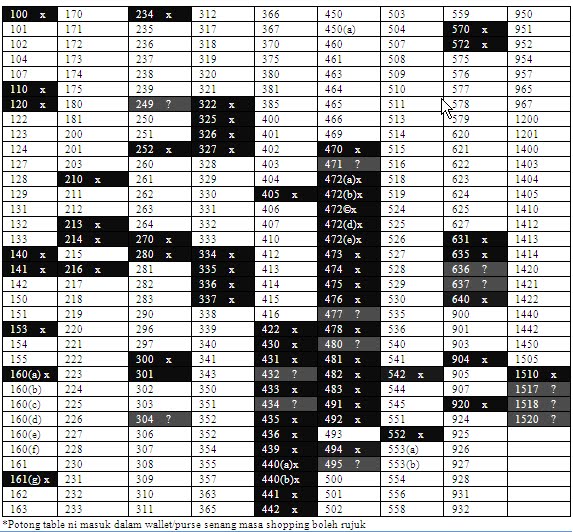12
дек
It enhances the photographs to makes them more beautiful. Portrait Professional 15 Token is the latest portrait airbrushing software which has been “trained” in the human beauty. It is very easy and simple to use which is capable of the highest quality touch up and improve your photos directly by moving the sliders. This amazing software delivers hundreds of examples of wonderful photographs of human faces by using the sophisticated statistical techniques. Portrait professional license token keygen idm 621 download.
The binary concepts of halal and haram are used in a number of cultural phrases, most notably ibn (boy) al-halal and bint (girl) al-halal. These phrases are often used to refer to appropriate spouses in marriage, and stand in contrast to ibn al-haram or bint al-haram, which are used as insults.

The report—“ Addressing the Halal Ingredients Opportunity: Industry Developments”—by Thomson Reuters and DinarStandard, published this month, claimed consumption of forbidden products was widespread in the Muslim world. It found that the most commonly consumed haram products are gelatin, lard, pepsin and food colouring, along with alcohol-derived ingredients. ‘Consumption is widespread’ “ Pigs, alcohol, and unclean animals, including insects, and any derivative products, have been forbidden for consumption in Islam. Despite this, the use of haram ingredients and unintended consumption by Muslims is widespread, with a general lack of awareness among Muslim consumers and importers,” the report’s authors wrote.
It quoted Abid Masood of the Halal Food Council of Europe as saying: “ Gelatin for food consumption is among the most problematic ingredient categories—its use is very widespread and its source [is] most likely not halal, and probably from pigs.” Of the US$2.7bn-worth of gelatin produced in 2015, around 45% was from pigs and 50% from cows—with only gelatin sourced from fish or halal-slaughtered cows suitable for Muslims, said the report. Haram gelatin also crops up in unexpected places: the report cited Fe Jazzareen Mor Jappar Khan of Persis Management as saying that gelatin is often used as a filter for apple juice—a fact few consumers would know. “ There are a lot of invisible processes in the ingredients industry that consumers would not know about. The use of fermentation, which creates alcohol, and animal-derived products is so widespread that many products would not be suitable, or would be questionable, for Muslim consumers,” said Stephan Heck of DSM Nutritional Products, quoted in the report. “ [Muslim] consumer awareness is very low at this point about what they can and cannot eat.
There are more and more educated people, and they start checking the labels in detail. However, many of them don’t know and it’s up to the companies to communicate the challenge and their jalal status to consumers. As an intermediate supplier, we provide assurance to our customers that we follow the halal process,” he added. Challenges and opportunities Along with complex supply chains, the report also cited the lack of a unified halal standard as a factor in the issues with haram ingredients in food. But it claimed the market was also ripe with opportunity, from growing e-commerce platforms such as DagangHalal and Zilzar, which maintain databases of halal ingredients, to wider business opportunities for firms which embrace halal production. Challenges are likely to remain significant, though, with DSM’s Heck commenting in the report on the challenge of finding halal suppliers: “ When we pick up a new supplier, I need to know who is halal. I’m very keen that our guys build up some relationships—at the end we need to know if you can trust.

It’s a very hard process and you can never test everything. Especially when you look into some of the halal requirements—you need to go into a lot of depth.” Copyright - Unless otherwise stated all contents of this web site are © 2019 - William Reed Business Media Ltd - All Rights Reserved - Full details for the use of materials on this site can be found in the Related topics:,,, Subscribe to our FREE newsletter Subscribe Related news • • • • Related products.

